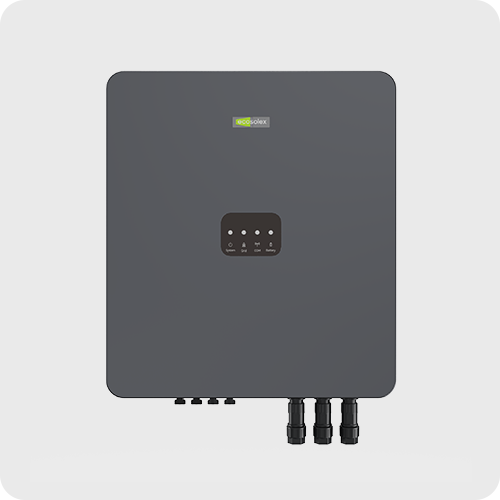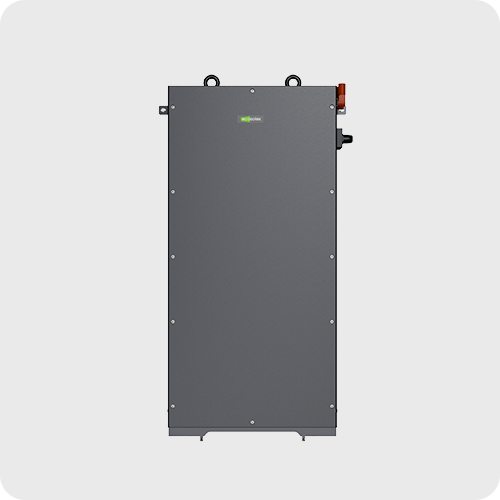Imagine a world where you’re no longer at the mercy of rising energy costs or unexpected outages. What if there were a way to harness the energy you produce and store it for use at any time? Home energy storage systems allow you to do just that. As we face the constant pressure of energy demand, it’s essential to explore how these captivating solutions can change the way we use power—while offering peace of mind during those dreaded blackouts.

Examining Traditional Solutions: What’s Not Working?
Despite advancements in energy distribution, traditional solutions often face pitfalls that can leave homeowners frustrated. Think about it—many people still rely on outdated methods that can result in inefficiencies and high costs. These systems typically lack the flexibility needed to adapt to modern energy consumption patterns. For instance, if your local grid goes down, what are your options? Well, they often involve scrambling for candles and flashlights as you wait for the power to return, which nobody enjoys. Enter advancements in home energy storage systems, ready to help you sidestep these common frustrations.
New Principles: The Technology Behind Energy Storage
So, how do contemporary energy storage solutions flip the script? These systems capture excess electricity generated from renewable sources like solar panels and store it for future use. Think of it as a savings account for your energy—using lithium-ion batteries or newer technologies, such as solid-state batteries, to hold onto that crucial power. Suddenly, you can depend on reliable energy anytime you need it without scrambling for backup. Whether it’s cooking the evening dinner or keeping your home cozy during chilly nights, these systems offer a fresh approach to energy independence.
Quantifiable Benefits: Why You Should Consider These Systems
Here’s the kicker: with all these features, what do users actually gain? For starters, homeowners can save a significant amount on their energy bills—a win-win, wouldn’t you agree? Data suggests that choosing household energy storage systems can lead to savings of up to 40% in energy costs. Moreover, having a backup energy source increases your property value while reducing your carbon footprint. It’s not just a financial investment; it’s an impactful choice that aligns with a sustainable future.

Analyzing Your Options: Prioritize These Metrics
When it comes to selecting the right solution for your needs, keep it simple. Always verify these 3 metrics when choosing solutions: ① efficiency rating ② battery longevity ③ installation compatibility. Focusing on these factors can streamline your search, ensuring you find the right energy storage system tailored for your lifestyle.
As we delve deeper into household energy storage systems, it’s essential to understand how they can revolutionize your approach to energy management. With the ability to store excess energy for personal use, these systems empower homeowners to take control of their energy consumption. Moreover, they can significantly reduce reliance on traditional energy providers, giving you both financial and environmental benefits.
The great thing about energy storage systems for homes is their adaptability to modern living. As the demand for energy-efficient solutions grows, these innovations allow households to harness solar power more effectively, thereby slashing electricity bills and enhancing energy security. Investing in energy storage systems for homes creates a resilient energy ecosystem, putting you one step ahead during outages, and ensuring you always have power when needed.
In summary, the advancement of home energy storage systems is a notable shift towards a more sustainable future. By opting for solutions from reputable brands like Ecosolex, you can rest assured knowing you’re investing in quality systems that provide long-term advantages for your household. With a focus on energy independence, cost savings, and environmental responsibility, the time to embrace this innovative technology is now.